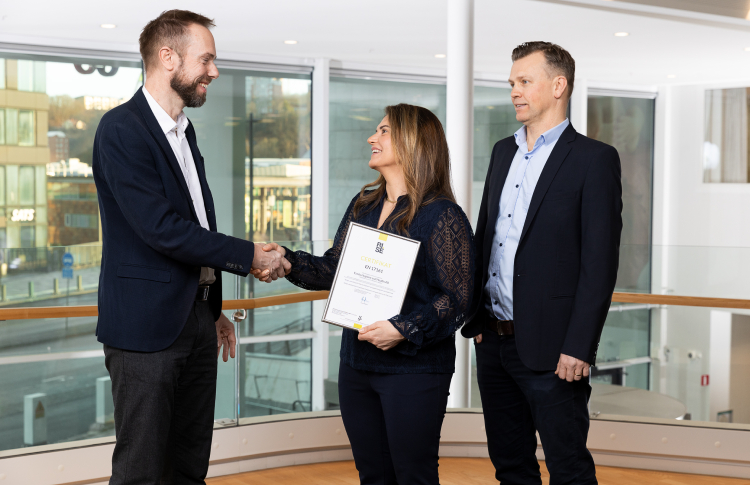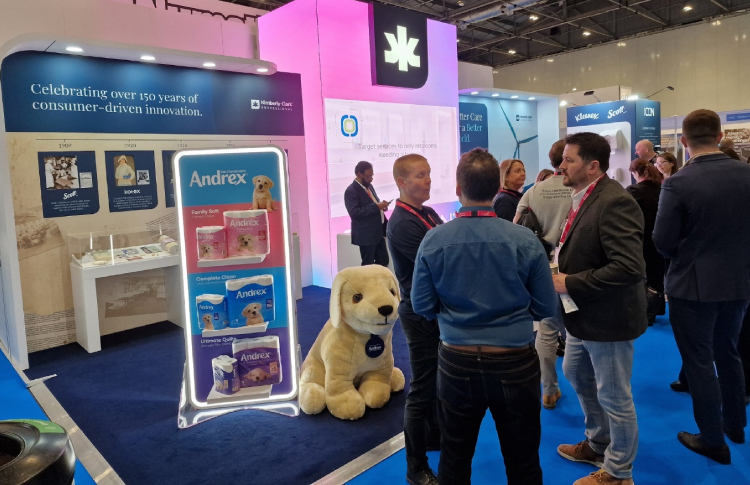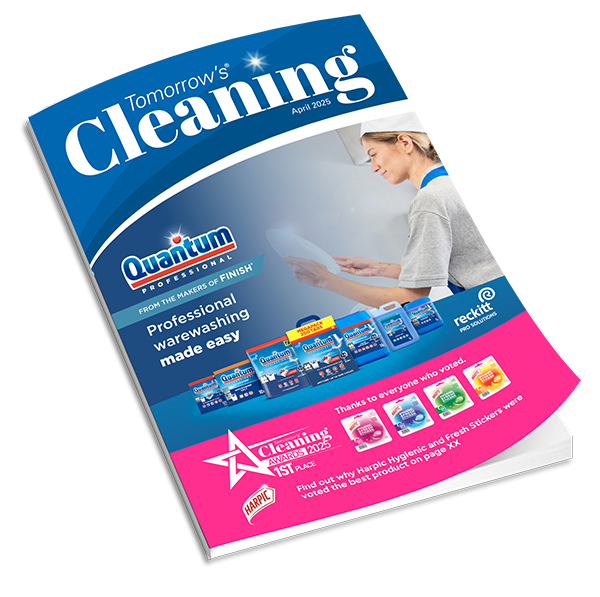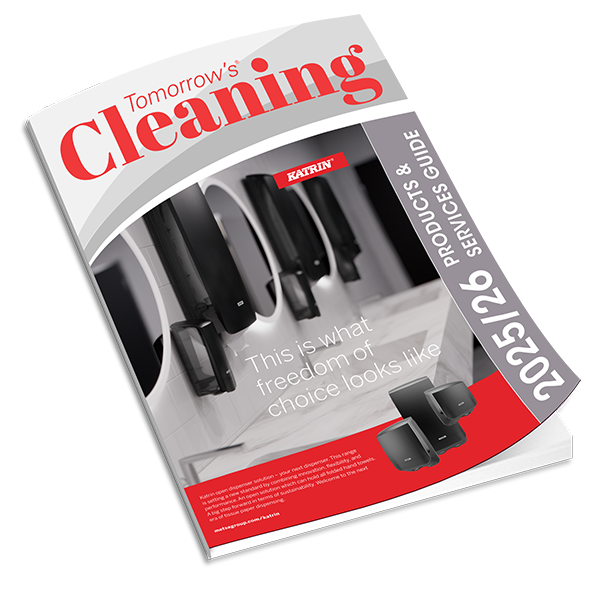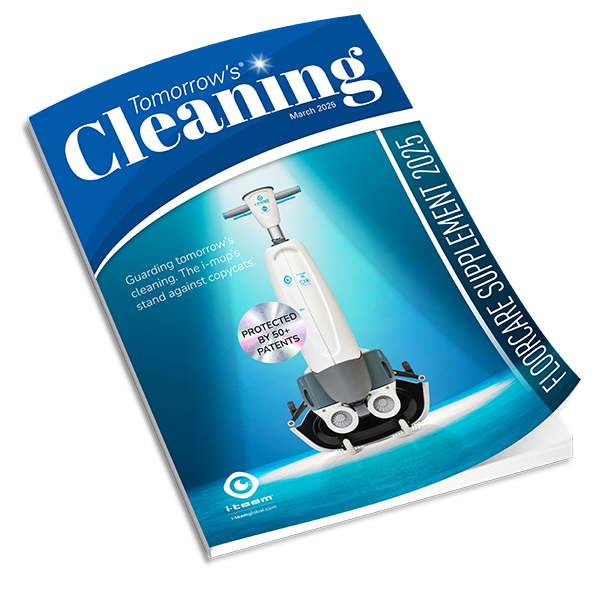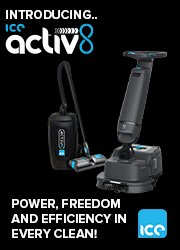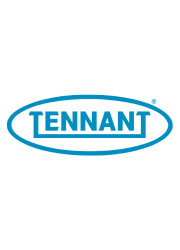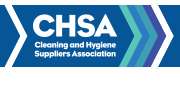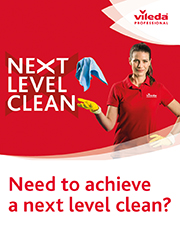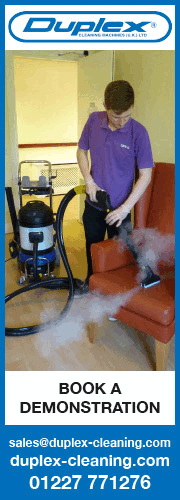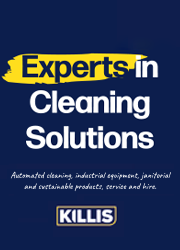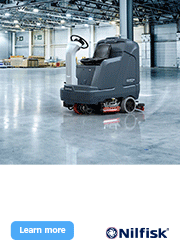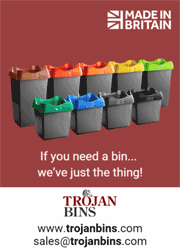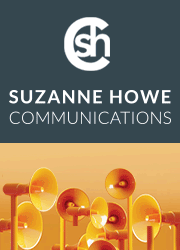Businesses need solutions to reduce energy without compromising on results, says Berat Onur, Cluster Sales Lead UK & Ireland for P&G Professional.
Against the backdrop of the current energy crisis and the government’s ongoing net zero by 2050 targets, companies are now more aware than ever as to how much their practices are impacting the environment – and businesses and consumers alike are more conscious of the products they use and how sustainable they are.
From eco-friendly packaging to shipping efficiencies and more effective product performance, businesses are looking to use greener, more sustainable products which require lower energy use.
However, an emphasis on sustainability should not come at the expense of product performance. Businesses need commercial laundry solutions that can save money and conserve energy without ever compromising on results.
Simple but impactful changes
With spiralling energy costs and the threat of energy supply shortages, all businesses understand the vital importance of reducing their energy consumption.
In the case of hospitality, energy usage accounts for 3-6% of a hotel’s operating costs and it contributes to 60% of its CO2 emissions. There are several no and low-cost ways to reduce energy consumption, such as switching to colder laundry settings.
Ariel Professional is specifically formulated to provide an outstanding clean, even at colder temperatures, meaning businesses can save energy and in turn save money on bills, while still achieving a spotless clean. In fact, making a simple change such as switching to cold can save up to 40% on washing machine bills.
The circular economy
Beyond the benefits of reducing energy usage, it’s important to recognise how commercial laundry can take greater steps towards a circular model of production – that is, reducing, reusing, and recycling wherever possible.
Manufacturers of laundry detergents need to ensure that their product packaging uses less plastic wherever possible, and is not only easily recyclable but is made using more recycled plastic, thus reducing the production of virgin plastics. What’s more, a simplified product line-up and concentrated formulas can help minimise the carbon footprint of shipping and transporting products.
External accreditations such as the AISE Charter for Sustainable Cleaning Products, which is recognised by several authorities across Europe, indicate that products bearing the Cleanright logo meet high standards of environmental norms and waste minimisation.
Safe and sustainable
When it comes to choosing laundry products, concerns over using too many chemicals and environmental worries can weigh on business owners’ minds. Businesses need high performance laundry products to lift stains, but are also comfortable for guests with sensitive skin.
Choosing the right laundry products is crucial. For example, Ariel Professional leverages a patented pH neutral technology, while Lenor Professional Sensitive Fabric Conditioner is now made with plant-based softness. What’s more, it’s dermatologically tested and accredited by the Skin Health Alliance, specifically designed with lower perfume levels to prevent irritation while providing subtly fragranced fresh sheets.
Overall, the real goal is for companies to implement sustainable solutions to reduce energy consumption, resulting in a carbon footprint reduction, but at the same time not compromising on product quality. Sustainability standards have risen – and businesses must rise to the challenge accordingly, and implement changes to not just meet but exceed those expectations for a more sustainable future.
www.pgpro.co.uk









